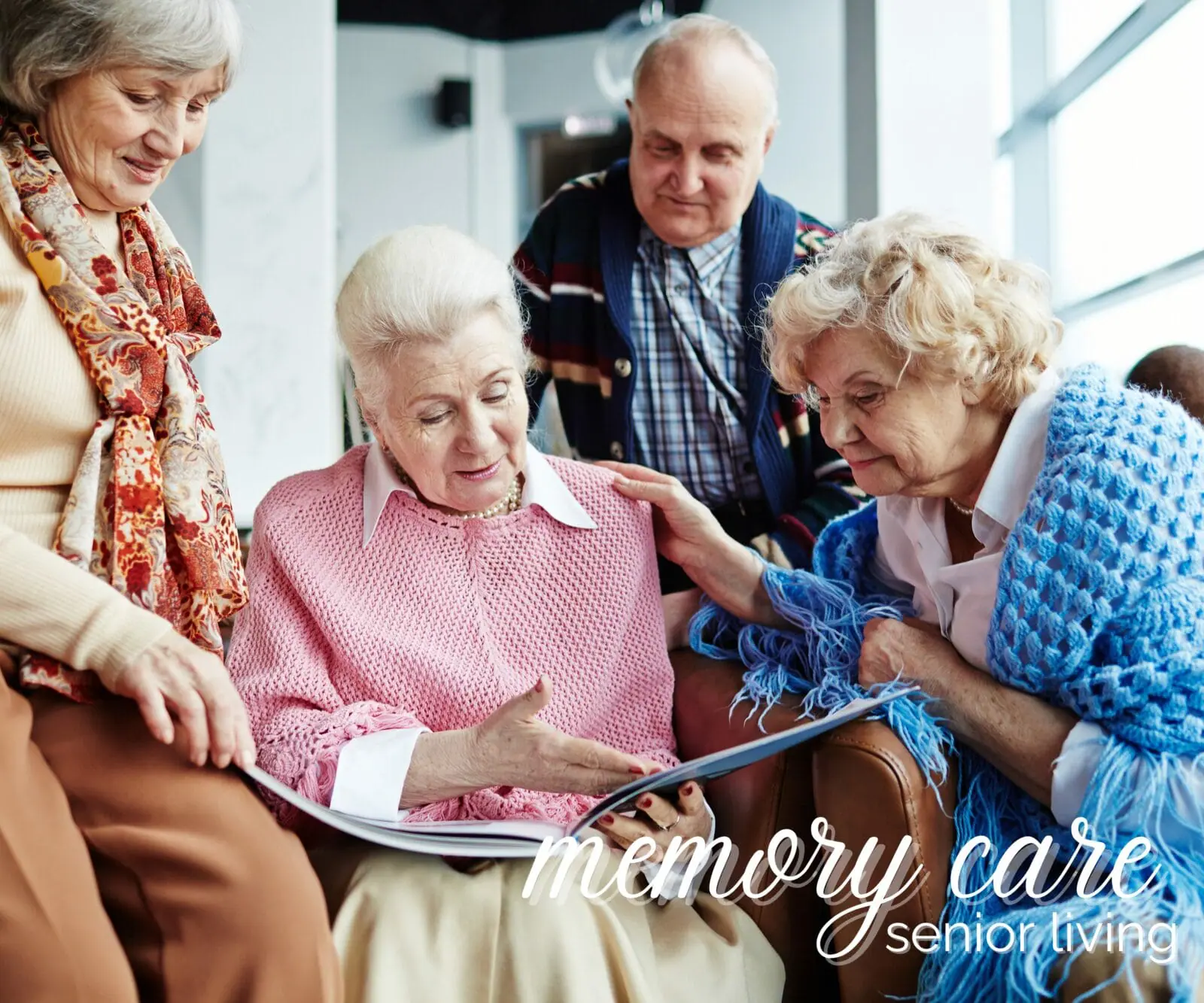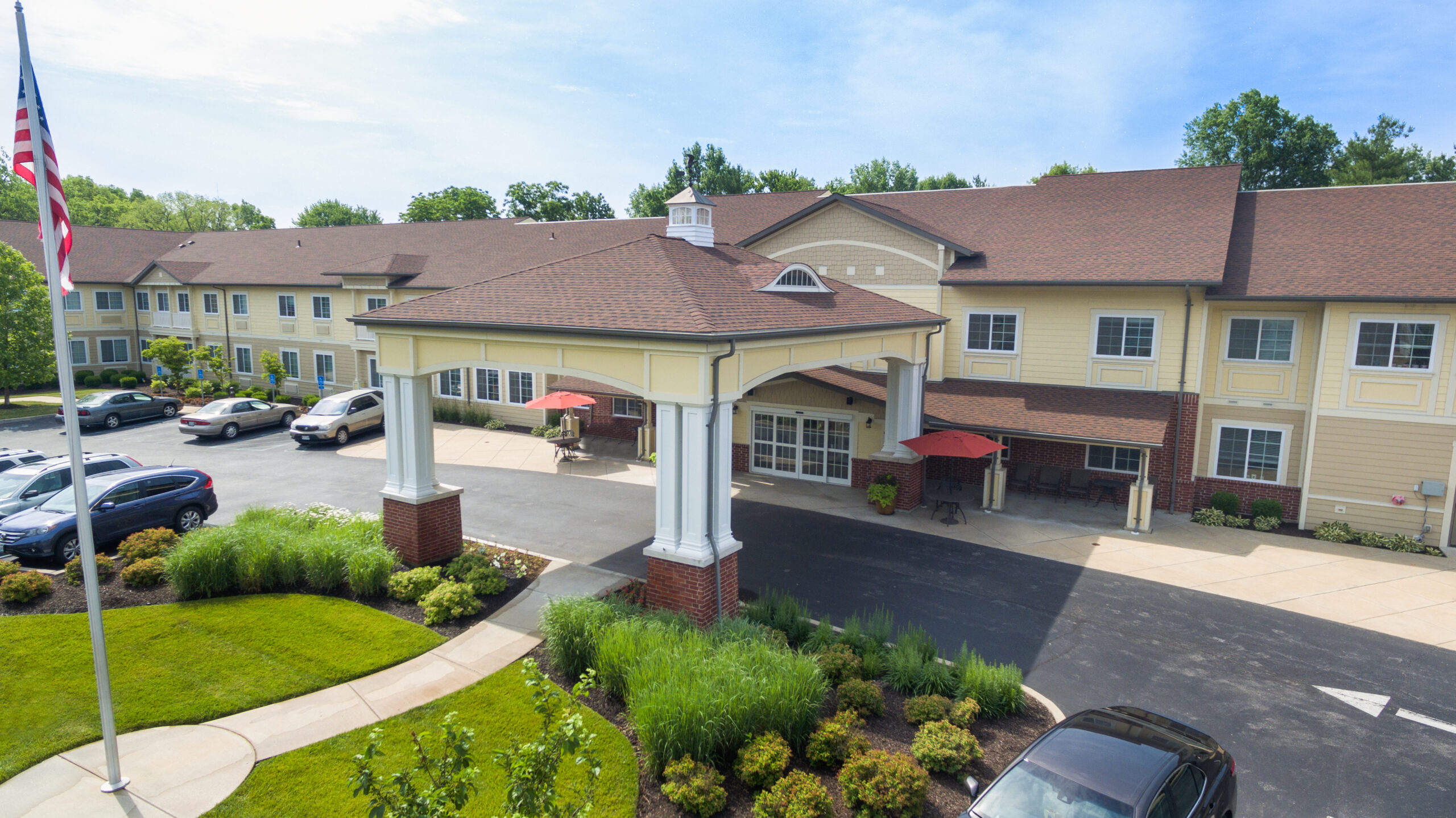Creating Safe and Comfortable Spaces with Alzheimers Care Charlotte Programs
Creating Safe and Comfortable Spaces with Alzheimers Care Charlotte Programs
Blog Article
Producing a Safe and Encouraging Environment for Alzheimer's Treatment
The creation of a risk-free and encouraging setting for people with Alzheimer's is vital in boosting their lifestyle. This entails not only physical adjustments within the home, such as lessening hazards and incorporating acquainted elements, however likewise the execution of structured regimens and significant activities that deal with their cognitive demands. Moreover, recognizing the emotional and mental dimensions of care can substantially influence their complacency and link. Exploring these complex strategies can reveal crucial understandings right into effective caregiving techniques that may change the day-to-day experiences of both clients and caretakers.
Understanding Alzheimer's Needs
Regularly, people with Alzheimer's illness exhibit an array of demands that need customized strategies to care. As the problem proceeds, cognitive decrease materializes in different methods, affecting memory, reasoning, and even the capacity to do day-to-day activities. Caretakers have to identify these progressing demands to offer ideal support and make certain a better of life for those influenced.
One critical aspect of comprehending Alzheimer's demands is acknowledging the significance of regular and familiarity. Individuals frequently discover comfort in recognized patterns, which can reduce anxiousness and confusion. Caregivers need to aim to create organized day-to-day routines that integrate significant activities straightened with the person's capabilities and rate of interests.
In addition, reliable interaction is extremely important. Individuals with Alzheimer's may struggle to share themselves or comprehend complicated language. Caretakers ought to use simple, clear language, usage non-verbal cues, and method active paying attention to cultivate understanding and connection.
Caregivers need to encourage interaction in neighborhood tasks or family events, promoting a sense of belonging and purpose. Recognizing these varied demands is vital for developing an encouraging treatment environment.
Designing a Safe Home
Developing a risk-free home for individuals with Alzheimer's condition is vital to lessening risks and promoting freedom. The design of the space ought to prioritize safety while enabling individual comfort. First, get rid of prospective threats such as loosened rugs, sharp things, and mess, which can lead to drops or mishaps. Guarantee that paths are well-lit and clear, as appropriate illumination minimizes disorientation and enhances wheelchair.
Incorporating adaptive features is also important. Mount grab bars in shower rooms and near stairways, and take into consideration using non-slip mats in wet areas. Additionally, making use of contrasting colors for floors and walls can help in identifying spaces, helping to mitigate confusion.
Knowledge is necessary for individuals with Alzheimer's. Personalizing the setting with familiar items and photos can enhance a sense of belonging and safety - Alzheimers Care Charlotte. It is also useful to have a designated location for daily tasks, such as reading or crafting, which can offer framework to their day
Finally, applying a safe outdoor space enables risk-free expedition while connecting with nature. By thoughtfully designing the home setting, caretakers can significantly improve the lifestyle for people living with Alzheimer's condition.
Enhancing Communication Abilities

Non-verbal communication, including face expressions, motions, and touch, plays an important duty in sharing empathy redirected here and understanding. Preserving eye contact and a tranquil temperament can enhance the comfort degree of the person, promoting a feeling of safety.
Moreover, it is very important to exercise active listening. This entails being fully existing, showing persistence, and allowing the individual to reveal themselves without disturbance. Repetition might be essential; caregivers must be prepared to revisit topics or questions, as individuals with Alzheimer's might fight with memory recall.
Additionally, utilizing visual aids or signs, such as photographs or familiar items, can promote recognition and engagement. Eventually, enhancing interaction abilities has to do with constructing trust and creating an atmosphere where individuals feel heard, valued, and comprehended, therefore enhancing their lifestyle.
Encouraging Social Communication
Promoting significant social interactions can considerably boost the health of individuals with Alzheimer's condition. Involving with others not only aids combat feelings of seclusion however additionally boosts cognitive feature and emotional wellness. Structured social tasks, such as group video games, crafts and arts, or music treatment, create opportunities for homeowners to attach with peers and caretakers, which can lead to boosted mood and lowered anxiety.
Producing an inviting atmosphere that encourages socialization is vital. This can be accomplished by setting up public areas that help with communication, such as comfortable seating locations or task spaces. Additionally, integrating culturally pertinent and familiar activities can trigger memories and motivate involvement, permitting people with Alzheimer's to feel even more linked to their previous experiences.
In addition, caretakers need to be trained to acknowledge and advertise social engagement among homeowners. By focusing on social interaction, we can considerably enhance the lives of those living with Alzheimer's, cultivating a feeling of community and belonging.
Supporting Caretaker Wellness

To sustain caretakers, companies need to offer normal training and academic resources to improve their understanding of Alzheimer's disease and caregiving methods. Providing access to reprieve care solutions enables caretakers to take needed breaks, lowering tension and exhaustion - Alzheimers Care Charlotte. Additionally, cultivating a community with support system navigate here can help with emotional sharing and the exchange of useful guidance among caregivers, developing a network of common assistance
Mental health resources, such as counseling services, can additionally be important in addressing the psychological toll caregiving can take. By focusing on caregiver well-being, we create a more sustainable caregiving atmosphere that not just profits the caretakers themselves however likewise boosts the general high quality of care obtained by individuals with Alzheimer's. Inevitably, sustaining caregivers is a necessary part in promoting a efficient and caring care setting.
Conclusion
Finally, the creation of a supportive and risk-free atmosphere for people with Alzheimer's is important to improving their quality of life. By focusing on recommended you read safety via thoughtful layout, cultivating psychological wellness with familiar components, and advertising involvement through structured regimens, caretakers can dramatically influence the general experience of those impacted by this problem. Sustaining caregiver well-being is crucial, as it inevitably adds to an extra effective and thoughtful care atmosphere.
Repetition may be needed; caregivers must be prepared to review inquiries or subjects, as individuals with Alzheimer's may battle with memory recall.

Report this page